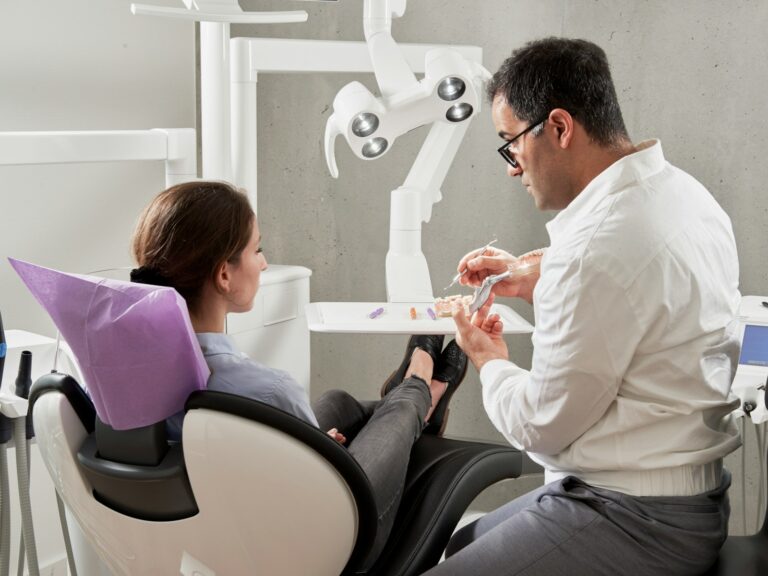
Erectile dysfunction (ED) is a condition characterized by the persistent inability to achieve or maintain an erection sufficient for satisfactory sexual performance. It affects millions of men worldwide and can have significant psychological and relational consequences. While ED becomes more common with age, it is not considered a natural or inevitable part of aging. Understanding the causes of ED is crucial for effective diagnosis and treatment. The causes of erectile dysfunction are multifaceted and can be broadly classified into physical, psychological, lifestyle-related, and medication-induced categories. Often, a combination of these factors is involved.
1. Physical Causes of Erectile Dysfunction
The majority of ED cases stem from physical or organic causes. These include issues related to blood flow, nerve supply, and hormonal balance, among others.
a. Cardiovascular Diseases
The most common physical cause of ED is reduced blood flow to the penis, often due to atherosclerosis (narrowing of the arteries). Conditions such as high blood pressure, high cholesterol, and coronary artery disease impede proper circulation, making it difficult for the penis to become engorged with blood during arousal.
b. Diabetes Mellitus
Diabetes is another leading cause of ED, particularly when it is poorly controlled. Elevated blood sugar levels damage blood vessels and nerves over time, both of which are critical for normal psychogenic erectile function. Diabetic men are two to three times more likely to develop ED than non-diabetic men.
c. Neurological Disorders
Diseases and conditions that affect the nervous system—such as multiple sclerosis, Parkinson’s disease, and spinal cord injuries—can interrupt the transmission of signals from the brain to the penis. This impairs the initiation and maintenance of an erection.
d. Hormonal Imbalances
Testosterone, the primary male sex hormone, plays a significant role in sexual arousal and function. Low levels of testosterone (hypogonadism) can lead to decreased libido and ED. Thyroid problems and elevated levels of the hormone prolactin can also contribute to ED.
e. Chronic Kidney and Liver Diseases
These conditions can lead to chemical imbalances, nerve damage, and decreased blood flow—all of which are detrimental to erectile function. Moreover, such diseases often come with fatigue and general ill health, which may reduce sexual desire.
2. Psychological Causes of Erectile Dysfunction
While physical causes are more common in older men, psychological factors often play a larger role in younger men with ED. Mental health is closely linked to sexual function, and any disruption in psychological well-being can contribute to erectile problems.
a. Stress and Anxiety
Work pressure, financial problems, or relationship issues can cause significant stress, which can interfere with the brain’s ability to initiate an erection. Performance anxiety—worrying about being able to perform sexually—can also lead to a cycle of repeated failure and increased anxiety.
b. Depression
Depression is a common psychological condition that can diminish libido and lead to ED. It alters brain chemistry and disrupts hormone levels, reducing both desire and the physiological ability to achieve an erection. Moreover, many antidepressant medications can exacerbate ED as a side effect.
c. Low Self-esteem
Feelings of inadequacy, body image issues, or a history of sexual trauma can all affect a man’s confidence and contribute to ED. This can create a feedback loop, where ED leads to further self-doubt and psychological distress, perpetuating the problem.
3. Lifestyle-Related Causes
Modern lifestyle choices have a significant impact on sexual health. Many aspects of contemporary life increase the risk of ED.
a. Smoking
Nicotine constricts blood vessels and damages the lining of blood vessels, impairing blood flow throughout the body—including to the penis. Long-term smoking is a major risk factor for ED.
b. Alcohol and Substance Abuse
While moderate alcohol consumption may not pose a risk, chronic or excessive alcohol use can lead to liver damage, nerve damage, and hormonal imbalances. Illicit drug use (e.g., cocaine, heroin, marijuana) can also interfere with sexual function by altering brain chemistry and damaging blood vessels.
c. Obesity and Sedentary Lifestyle
Being overweight is linked with a host of health problems—such as diabetes, hypertension, and heart disease—that contribute to ED. A sedentary lifestyle exacerbates these issues. Regular exercise, on the other hand, has been shown to improve erectile function by enhancing cardiovascular health and reducing stress.
4. Medication-Induced Erectile Dysfunction
Numerous prescription and over-the-counter drugs can have side effects that include ED. These include:
- Antidepressants (especially SSRIs and SNRIs)
- Antihypertensives (e.g., beta-blockers, diuretics)
- Antipsychotics
- Sedatives and tranquilizers
- Hormone therapy, particularly for prostate cancer
- Recreational drugs and certain antihistamines
In many cases, the benefits of these medications outweigh the side effects, but alternative treatments can be considered when ED becomes a significant concern.
5. Age-Related Factors
Although aging itself is not a direct cause of ED, it is associated with a gradual decline in hormone levels, increased prevalence of chronic diseases, and reduced vascular function. As men age, they are more likely to experience ED due to the cumulative effects of these changes, often in combination with lifestyle factors and medication use.
6. Relationship and Sexual Health Factors
Poor communication with a sexual partner, unresolved relationship conflicts, or a lack of intimacy can affect arousal and satisfaction, leading to ED. Sexual performance is a complex interaction of physical and emotional elements, and relational strain can hinder this dynamic.
Conclusion
Erectile dysfunction is a multifactorial condition that can result from a wide range of physical, psychological, lifestyle, and pharmacological causes. It is not merely a symptom of aging, but often a sign of underlying health issues that warrant medical attention. Addressing ED requires a holistic approach that includes medical evaluation, lifestyle modification, psychological support, and open communication with sexual partners and healthcare providers. With the right intervention, most men can regain sexual function and improve their quality of life. Understanding the root causes of ED is the first step toward effective treatment and emotional well-being.





